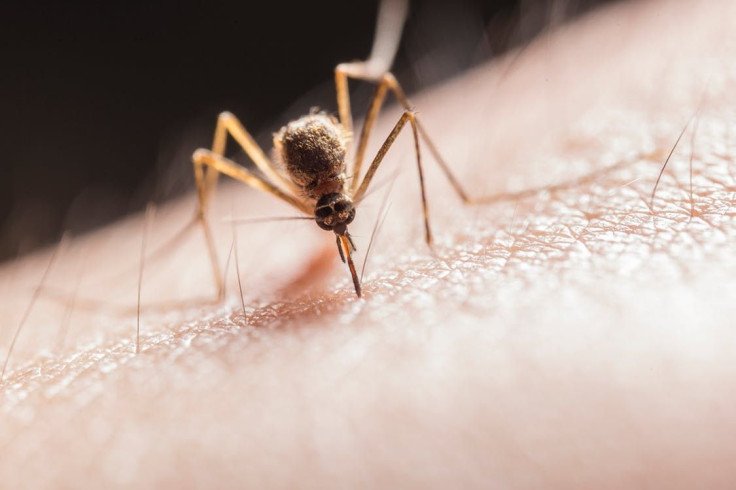What Is West Nile Virus? 2 Cases Reported In New York City

Two cases of the West Nile virus have been detected in New York City amid a record mosquito outbreak in the area, according to the city's Department of Health Mental Hygiene.
The two people infected with West Nile virus were from Queens and Brooklyn, the health department said. The agency has found 1,068 mosquito pools that have tested positive for West Nile in the city's five boroughs, an increase from last year's 779 positive pools.
In New York City, mosquito activity peaks during the months of August and September, potentially spreading the West Nile virus to people through a bite by an infected insect. Mosquitos become carriers of West Nile by biting birds that have contracted the virus.
The Centers for Disease Control and Prevention said there are no vaccines or medications to treat those infected with West Nile virus. Symptoms of the virus include headache, body aches, joint pains, vomiting, diarrhea, or rash. Most people recover from their infections, but fatigue and weakness can last for weeks or months.
Most people infected with the virus do not feel sick, however, one in 150 people infected with West Nile develop a serious and sometimes fatal illness that affects the central nervous system or meningitis. One in 10 people die from the virus, the agency said.
The CDC recommends using insect repellant and wearing long-sleeved shirts and long pants to prevent mosquito bites and reduce the risk of contacting the West Nile virus.
"We are in the height of West Nile virus season, but there are things you can do to decrease your risk of being bitten," CDC Health Commissioner Dr. Ashwin Vasan said in a statement. "Use an EPA registered insect repellent, wear long sleeves and pants, especially when outside at dusk and dawn when the types of mosquitoes that transmit WNV are most active."
In the U.S., as of Aug. 9, there have been four deaths from West Nile and 54 cases of the virus. In 2021, there were 2,695 cases of West Nile virus reported to the CDC.
© Copyright IBTimes 2024. All rights reserved.




















